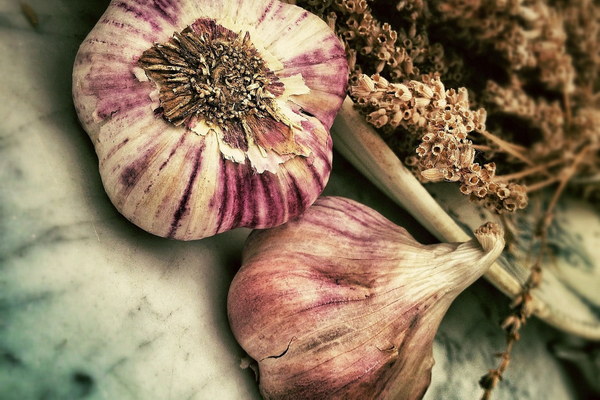Liver Care Nurturing Your Hepatic Health After Years of Alcohol Consumption
Introduction:
Long-term alcohol consumption can take a significant toll on the liver, leading to various health issues such as fatty liver, hepatitis, and cirrhosis. However, it's never too late to start taking steps to protect and nourish your liver. This article outlines essential tips and lifestyle changes to help you care for your liver after years of drinking.
1. Cut Down on Alcohol Consumption:
The first step towards liver care is to reduce your alcohol intake. If you're a heavy drinker, try gradually decreasing your consumption. It's important to consult a healthcare professional before making any significant changes to your alcohol consumption, as they can provide personalized advice based on your health condition.
2. Stay Hydrated:
Drinking plenty of water is crucial for liver health. Adequate hydration helps in flushing out toxins from the liver, aiding in the restoration of liver function. Aim to drink at least 8-10 glasses of water per day, especially if you're a former heavy drinker.
3. Eat a Balanced Diet:
A well-balanced diet is essential for liver repair and rejuvenation. Incorporate the following into your meals:
a. Fruits and Vegetables: These are rich in antioxidants that help reduce liver inflammation and improve detoxification. Aim for a variety of colors to ensure a wide range of nutrients.
b. Lean Proteins: Proteins such as fish, chicken, turkey, and legumes are important for liver repair and regeneration. They also help in the production of antioxidants that protect the liver.
c. Healthy Fats: Incorporate sources of healthy fats like avocados, nuts, and olive oil into your diet. These fats support liver function and aid in the absorption of fat-soluble vitamins.
d. Avoid Processed Foods and Trans Fats: These foods can contribute to liver inflammation and increase the risk of fatty liver disease. Opt for whole, unprocessed foods whenever possible.
4. Exercise Regularly:
Physical activity improves overall health and promotes liver function. Aim for at least 30 minutes of moderate exercise, such as walking, cycling, or swimming, five days a week. Exercise helps in reducing fat accumulation in the liver and improves overall liver health.

5. Limit Sugar and Refined Carbohydrates:
Excessive sugar and refined carbohydrates can lead to weight gain and insulin resistance, which are risk factors for fatty liver disease. Limit your intake of sugary drinks, desserts, and processed foods high in refined carbohydrates.
6. Take Supplements:
In some cases, your healthcare provider may recommend supplements to support liver health. Common supplements include:
a. Milk Thistle: This herb contains silymarin, a compound that helps protect liver cells and improve liver function.
b. Alpha-Lipoic Acid: This antioxidant helps reduce oxidative stress and improve liver function.
c. Betaine: This amino acid supports liver detoxification and helps reduce inflammation.
7. Manage Stress:
Chronic stress can affect liver health. Practice stress-reducing techniques such as meditation, deep breathing exercises, or yoga to help manage stress levels.
Conclusion:
Taking care of your liver is crucial, especially if you've been consuming alcohol for an extended period. By following these tips, you can support your liver's health and reduce the risk of liver disease. Remember to consult a healthcare professional before making any significant changes to your diet, exercise, or supplement regimen. With dedication and commitment, you can nurture your liver and improve your overall well-being.









